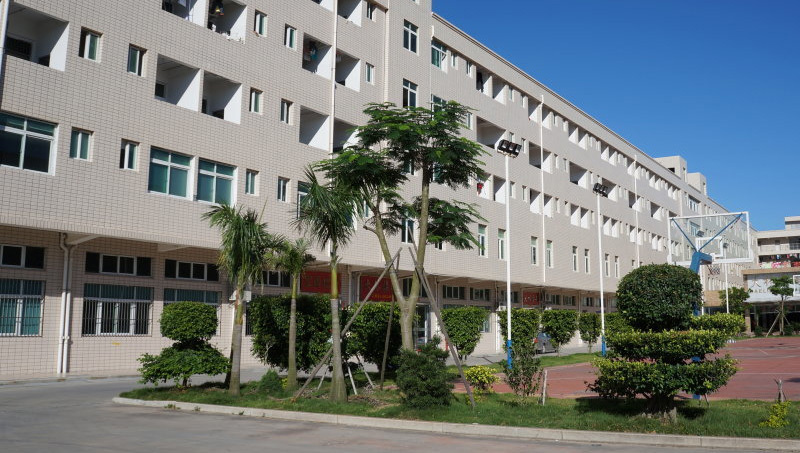HOT PRODUCT
Due to our high quality products and outstanding service, we have won lots of praise from our customers.
Zhongzhi Textile
- PRODUCT SERIES -
ZHONGZHI TEXTILE ZHONGZHI TEXTILE ZHONGZHI TEXTILE ZHONGZHI TEXTILE
TONGMING WELDING MATERIALS TONGMING WELDING MATERIALS TONGMING WELDING MATERIALS TONGMING WELDING MATERIALS
TONGMING WELDING MATERIALS TONGMING WELDING MATERIALS TONGMING WELDING MATERIALS TONGMING WELDING MATERIALS
ABOUT US
Jinjiang Zhongzhi Textile Co., Ltd.
Jinjiang Zhongzhi Textile Co., Ltd. is a premier manufacturer and supplier of high-quality mesh fabrics for sports footwear in the industry. Our product range includes Sandwich Mesh Fabric, Single Layer Mesh Fabric, Jacquard Mesh Fabric, and 3D Mesh Fabric, among others. With over a decade of industry experience, we have established ourselves as a reliable and trusted partner, catering to a diverse clientele that ranges from individual retailers to major multinational corporations.
Our team is committed to producing innovative and sustainable products that not only meet the dynamic needs of our clients but also minimize our environmental impact. We utilize only the highest quality materials in our manufacturing processes, ensuring that our products withstand rigorous use and maintain their durability over time.
Was established in 2008
Employees
Exporting countries and regions
Capacity


WHY CHOOSE US?
Let's hold hands to create a brilliant future!
DESIGN
The latest wholesale mesh fabric will be created by our designers around 10-20 per month.

HIGH QUALITY PRODUCTS
Quality first, customer first"is our unswerving creed, "meticulous, excellence" is our unremitting goal.

OUTSTANDING SERVICE
We have a professional company operation team, can provide you with intimate service.

OUR ADVANTAGES
● We are china top wholesale mesh fabric manufacturer
Our 3D materials are widely used in shoes,bags,sofa,cushion and mattress and many other industries due to its superior resilience, good ventilation, good support, non-toxic environmental protection, antibacterial and anti-mite, washable and quick-drying.
● We provide both private label service and custom service for your own wholesale brand.
As a professional textile trading company,we have excellent teams who focus on product development&design,quality control&inspection and company running.We can provide you with high quality fabrics.

LATEST NEWS
We have a professional team and a harmonious atmosphere and excellent company culture.
Nov 12,2025
Yesterday, Jinjiang Zhongzhi Shoes Material Trade Co., Ltd. successfully completed the loading of a full export container, marking another strong step in our ongoing expansion in the international footwear materials market.
Oct 27,2025
Mexican Client Visits Zhongzhi Shoes Material for Product Selection and Cooperation
Recently, a long-term business partner from Mexico visited Jinjiang Zhongzhi Shoes Material Trade Co., Ltd. for an on-site inspection and product discussion. The main purpose of the visit was to explore Zhongzhi’s latest mesh fabric developments and select suitable materials for their upcoming footwear collection.

















